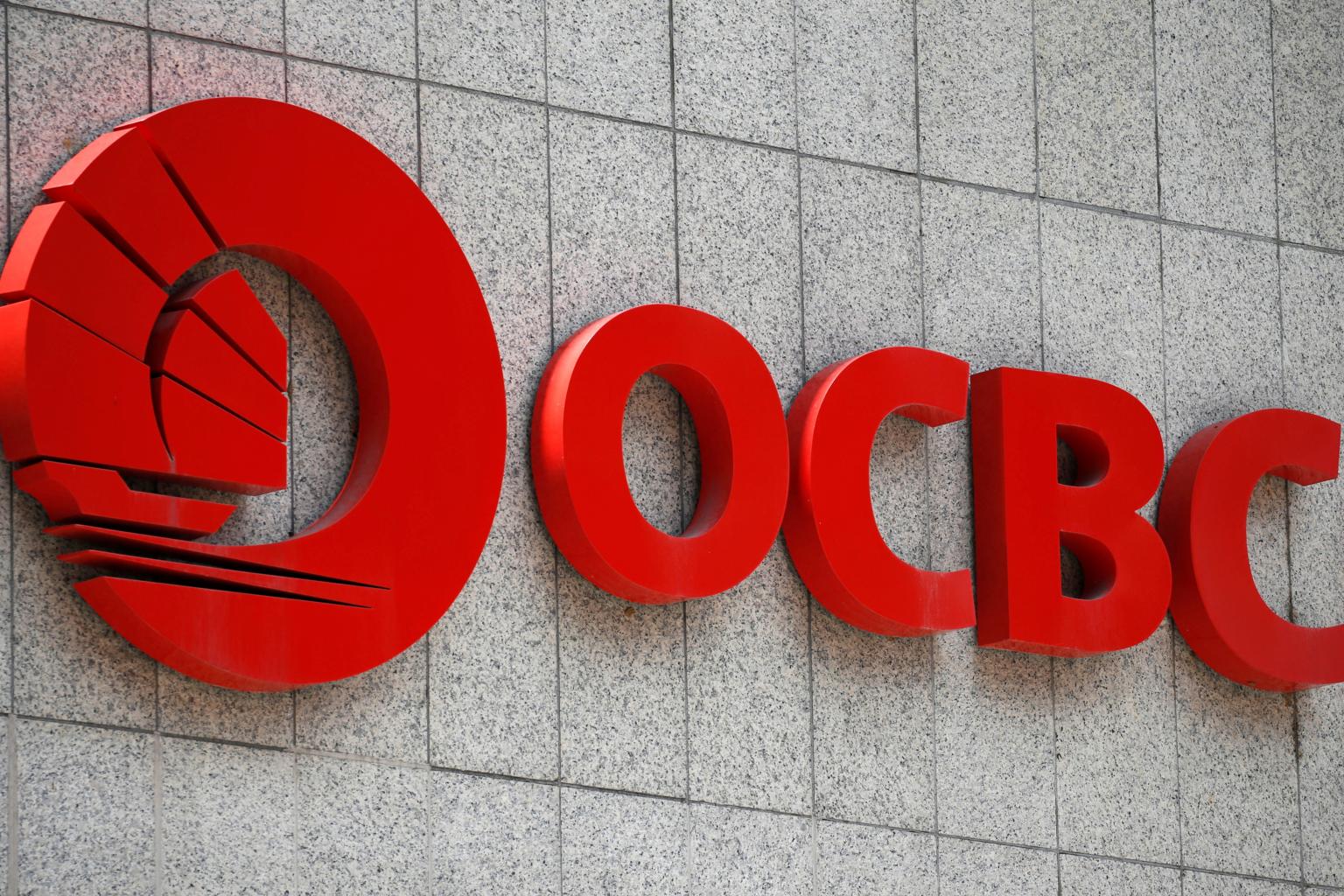OCBC seeks more green loans to maintain lead in South-east Asia
Sign up now: Get ST's newsletters delivered to your inbox

Oversea-Chinese Banking Corp has built a team of five to focus on sustainable financing after foraying into green loans last year.
PHOTO: REUTERS
Follow topic:
SINGAPORE (BLOOMBERG) - Oversea-Chinese Banking Corp aims to expand its lending to environmentally-friendly projects after this year building the biggest exposure to green loans among its South-east Asian peers.
The bank has built a team of five to focus on sustainable financing after foraying into green loans last year and is looking to add bankers, said Mike Ng, the Singapore bank's head of structured and sustainable finance. So far in 2019, OCBC has participated in more than US$500 million (S$682 million) of green lending, according to data compiled by Bloomberg.
More banks in Asia are piling into environmentally-focused loans after a regional association last year agreed on principles that standardize disclosure rules. While that should boost lending in the area, Asia has a lot of ground to make up. It accounts for just 21 per cent, or US$217 billion, of the total US$1.02 trillion of sustainable debt globally, according to Bloomberg New Energy Finance data.
"There's much greater awareness now and a lot of pressure points on companies such as investors, non-government organisations, consumers and regulators," Mr Ng said in an interview last week.
OCBC wants to build a sustainable finance portfolio of $10 billion by 2022, and is almost halfway toward that goal, Mr Ng said. The target will include lending classified as green loans as well as focused on environmental, social and governance initiatives, renewable energy, water and green transportation, he said.
Mr Ng said OCBC started extending green loans after the Asia Pacific Loan Market Association (APLMA) laid out principles aimed at increasing transparency on the use of proceeds and on the environmental impact of projects.
The bank's largest publicly disclosed green loan this year came from its involvement in the consortium providing $785 million to Frasers Property in March. The five-year term loan under the APLMA framework involves refinancing for a new wing of the Northpoint City project in Singapore, which uses low emissivity double-glazed glass and recycled water for toilet flushing.
Globally, BNP Paribas SA, Sumitomo Mitsui Financial Group Inc. and Mizuho Financial Group top the league, with the total value of all such deals at US$37 billion this year, according to data compiled by Bloomberg.
Earlier this year, OCBC pledged to stop funding new coal-fired power plants to nudge governments toward renewable energy sources. However, the bank has no plans to extend that ban to palm-oil plantations - some of which are blamed for illegal slash-and-burn land clearance that causes periodic haze in the region - and to fossil-fuel energy.
"Can the world do without palm oil? Probably not," said Mr Ng. "How to manage those risks and encourage more sustainable practices is then the question. It's just not practical for us to exit these sectors overnight."

